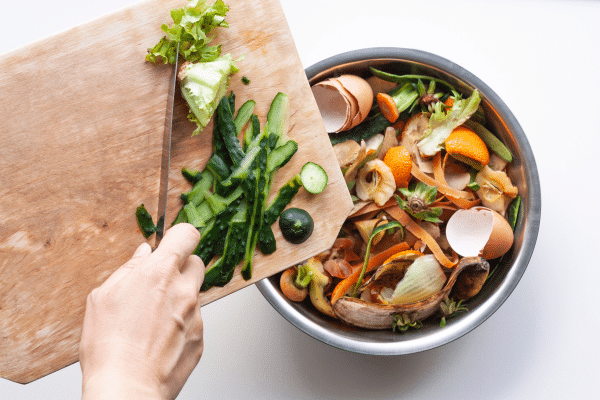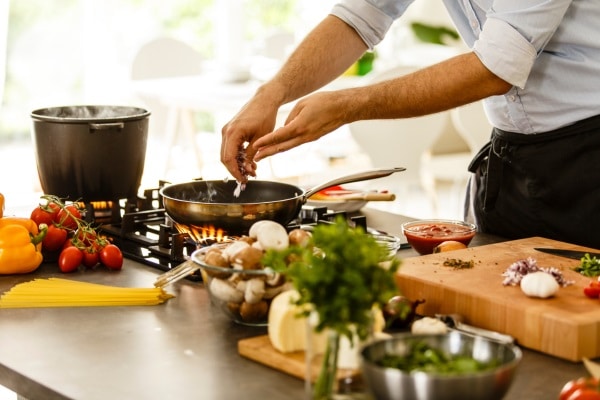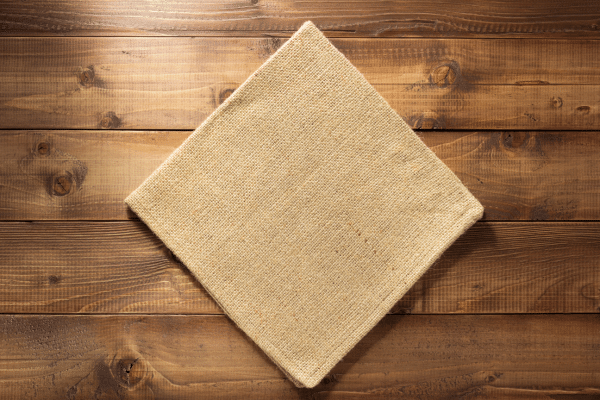Adopting a zero-waste lifestyle is more than just a trend; it’s a necessary step toward reducing our environmental impact. The kitchen, often the heart of the home, is a significant source of waste. From food scraps to packaging, the potential for waste is enormous. However, with mindful practices, it’s possible to dramatically reduce the amount of waste we produce. This article offers practical tips to help you transition to a zero-waste kitchen, including assessing your current waste, planning and shopping smart, proper food storage, and more.
Contents
Assessing Your Current Waste

The first step to a zero-waste kitchen is understanding where your waste comes from. Conducting a waste audit can be an eye-opening exercise. Spend a week tracking all the waste generated in your kitchen, noting items like plastic wrappers, food scraps, and single-use items. This audit will help you identify the most common sources of waste and provide a baseline for improvement.
Understanding the sources of your kitchen waste is crucial for developing effective reduction strategies. Packaging is often a significant contributor, with many food items coming in plastic or non-recyclable materials. Food waste, from spoiled produce to leftovers, is another major issue. Additionally, single-use items like paper towels, plastic bags, and disposable utensils add to the waste pile. By pinpointing these sources, you can start to make informed changes to your kitchen habits.
Planning and Shopping Smart

A well-thought-out meal plan can significantly reduce kitchen waste. Start by planning your meals for the week, making sure to include recipes that use similar ingredients to minimize leftovers. This approach helps you avoid impulse buys and ensures that you use what you have on hand before it spoils. Additionally, planning your meals can lead to more creative cooking as you find ways to incorporate leftovers into new dishes.
When it comes to shopping, adopting a zero-waste mindset is key. Bring reusable bags and containers to avoid single-use plastics and buy in bulk whenever possible. Many stores now offer bulk sections where you can purchase grains, nuts, and spices without packaging. Choose products with minimal or recyclable packaging and consider shopping at farmers’ markets, where produce is often sold loose. These habits not only reduce waste but also support a more sustainable food system.
Proper Food Storage

Proper food storage techniques can extend the shelf life of your groceries and reduce waste. For example, using airtight containers for pantry items and leftovers can keep food fresher longer. For produce, understanding the best storage methods can make a big difference. For example, leafy greens last longer when stored in a damp cloth or paper towel, while root vegetables prefer a cool, dark place. These small changes in how you store food can prevent spoilage and waste.
Labeling and organizing your food is another effective strategy. Adopting the FIFO (First In, First Out) method ensures that older items are used before newer ones. This system helps prevent forgotten food from going bad. Using clear containers allows you to see what’s inside at a glance, reducing the likelihood of items being overlooked. With a well-organized fridge and pantry, you can easily keep track of your food and reduce waste.
Sustainable Cooking and Cleaning

Eco-friendly cooking methods can help minimize energy consumption and waste. Using energy-efficient appliances like induction stoves and convection ovens can reduce your kitchen’s carbon footprint. Batch cooking is another sustainable practice where you prepare larger quantities of food at once, saving time and energy in the long run. By cooking in bulk, you also reduce the frequency of cooking sessions, which means using less energy overall.
Green cleaning products are crucial for maintaining a zero-waste kitchen. Many conventional cleaning products come in plastic bottles and contain harmful chemicals. Instead, opt for DIY cleaning solutions made from natural ingredients like vinegar, baking soda, and lemon juice. These alternatives are not only environmentally friendly but also safe for your health. Using reusable cloths and sponges instead of disposable wipes further reduces waste and promotes a sustainable cleaning routine.
Reusable Alternatives

Swapping disposable items for reusable alternatives is a fundamental step towards a zero-waste kitchen. Cloth napkins can replace paper ones, and reusable silicone bags can replace plastic ziplock bags. Investing in durable kitchenware, such as stainless steel or glass containers, ensures that you have long-lasting, non-toxic options for food storage. These small changes can significantly reduce the amount of waste your kitchen generates.
Another effective strategy is to invest in reusable beeswax wraps instead of plastic wraps. Beeswax wraps are washable, reusable, and biodegradable, making them an excellent alternative for food storage. They can be used to cover bowls, wrap sandwiches, and keep produce fresh. By choosing reusable options over disposable ones, you not only reduce waste but also save money in the long run. Embracing these alternatives helps create a more sustainable and efficient kitchen environment.
Mindful Consumption

Practicing minimalism in the kitchen is a powerful way to reduce waste and promote sustainability. Start by decluttering and keeping only essential items that you use regularly. Avoid overstocking on kitchen supplies and food, as this often leads to forgotten items that eventually go to waste. A minimalist kitchen not only reduces clutter but also makes it easier to manage and maintain a zero-waste lifestyle.
Educating and involving family members in zero-waste practices can amplify your efforts. Encourage everyone in the household to participate in reducing waste, from children to adults. Teach kids about sustainability through fun activities like sorting recyclables or starting a compost bin. When everyone is on board, it’s easier to maintain consistent habits and create a collective commitment to a zero-waste kitchen. Mindful consumption becomes a shared goal, fostering a more sustainable and responsible household environment.
Embracing a Zero Waste Lifestyle
Transitioning to a zero-waste kitchen is a journey that begins with small, mindful changes. By assessing your current waste, planning smartly, storing food properly, reducing food waste, cooking and cleaning sustainably, and using reusable alternatives, you can significantly reduce your kitchen’s environmental impact. Involving your family in these practices creates a collective effort towards sustainability. Embracing these tips not only benefits the environment but also enhances your personal well-being, fostering a healthier and more conscious way of living. Start today, and watch as your kitchen transforms into a hub of zero-waste practices.


